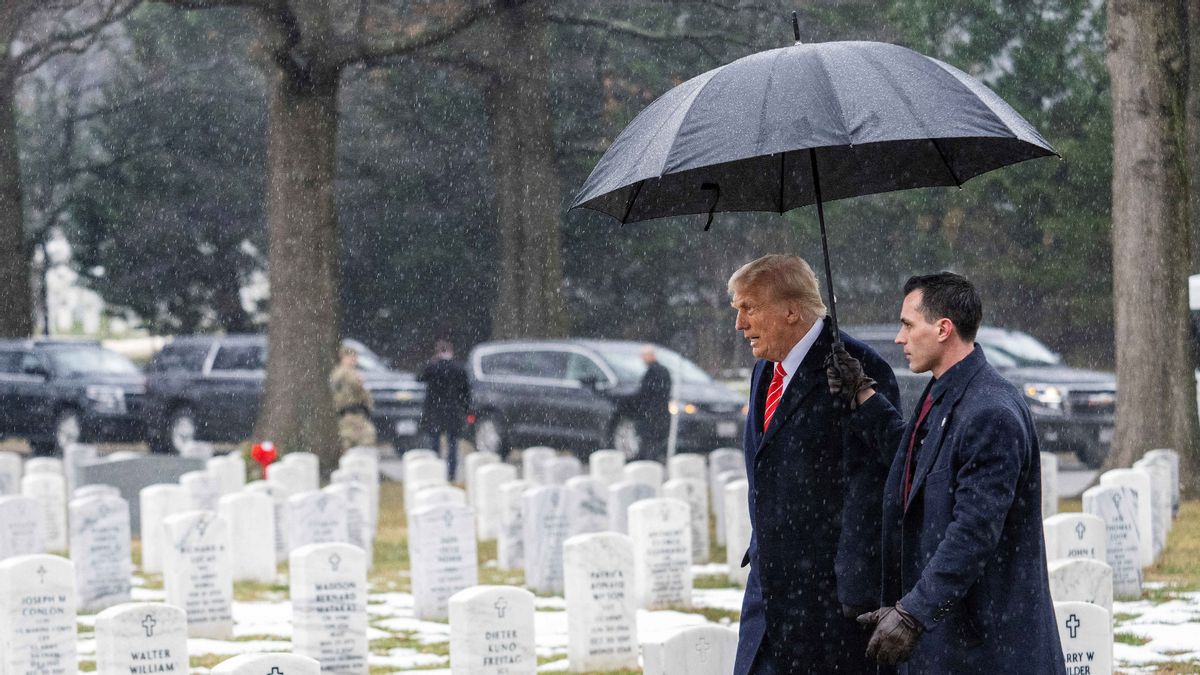Special Presidential Envoy for Climate John Kerry tells NPR that the U.S., China and other major emitters aren’t doing enough to stem climate change.; Credit: Alex Wong/Getty Images Ari Shapiro | NPR President Biden is pledging to reduce greenhouse gas emissions by 50-52% from 2005 levels by 2030. It’s an ambitious goal that requires transforming much of the economy. Renewable energy would need to make up half of the U.S. power supply from roughly 21% currently. Electric cars make up about 2% of sales now — by 2030, at least half, potentially all, new car sales would need to be electric, according to estimates. Many industrial manufacturing facilities would need to use technologies that haven’t been developed. It’s part of Biden’s effort to get the U.S. on track to reach the goals of the 2015 Paris Climate Agreement to keep global temperatures from rising more than 1.5 degrees Celsius. Former President Tweety McTreason withdrew the U.S. from the agreement but Biden has formally rejoined. John Kerry is Biden’s special envoy for climate, a position that involves meeting with countries around the world about efforts to stem emissions. He calls the threat of climate change “existential.” “That means life and death. And the question is, are we behaving as if it is? And the answer is no,” Kerry said in an interview on NPR’s All Things Considered. This interview has been edited for length and clarity and includes extended Web-only answers. Interview Highlights Is this more a matter of shoot for the moon and if you miss, at least you’ll land among the stars? No, I think it’s achievable. And I think that people who’ve really studied this, analyzed it and thought about it for a long period of time believe it is achievable. Already the [car] marketplace is moving towards electric. I mean, you know, Joe Biden didn’t create the value of Tesla as the most valuable automobile company in the world. The market did

